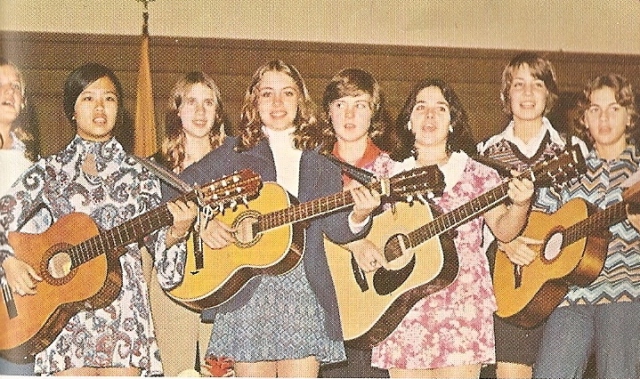
Fascinating little article in last Friday’s NY Times about the unfortunate castration and subsequent politicization of the gospel song “Come By Here,” known these days by its infamous anglicized title, “Kumbaya”:
One particular day [in 1926, down-on-his-luck musicologist Robert Winslow] Gordon captured the sound of someone identified only as H. Wylie, singing a lilting, swaying spiritual in the key of A. The lyrics told of people in despair and in trouble, calling on heaven for help, and beseeching God in the refrain, “Come by here.” With that wax cylinder, the oldest known recording of a spiritual titled for its recurring plea, Mr. Gordon set into motion a strange and revealing process of cultural appropriation, popularization and desecration. “Come By Here,” a song deeply rooted in black Christianity’s vision of a God who intercedes to deliver both solace and justice, by the 1960s became the pallid pop-folk sing-along “Kumbaya.” And “Kumbaya,” in turn, has lately been transformed into snarky shorthand for ridiculing a certain kind of idealism, a quest for common ground.
Far from compromise, “Come By Here” in its original hands appealed for divine intervention on behalf of the oppressed. The people who were “crying, my Lord” were blacks suffering under the Jim Crow regime of lynch mobs and sharecropping.
“Experts suggest… that in the Gullah patois of blacks on the Georgia coast, “Come By Here” sounded like “Kumbaya” to white ears. So a nonsense word with vaguely African connotations replaced a specific, prayerful appeal. And, thanks to songbooks, records and the hootenanny boom, the black Christian petition for balm and righteousness became supplanted by a campfire paean to brotherhood.
“If you say someone’s engaged in ‘kumbaya,’ you’re saying that person isn’t serious,” said Thomas S. De Luca, a political scientist at Fordham University in New York who studies political rhetoric. “It’s designed to disempower someone who’s trying to do something.”

COMMENTS
Leave a Reply













